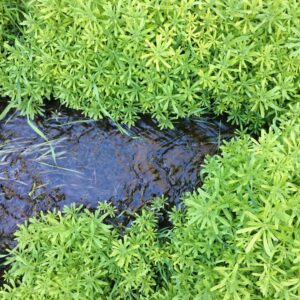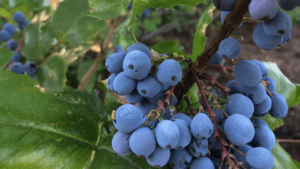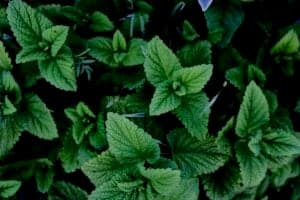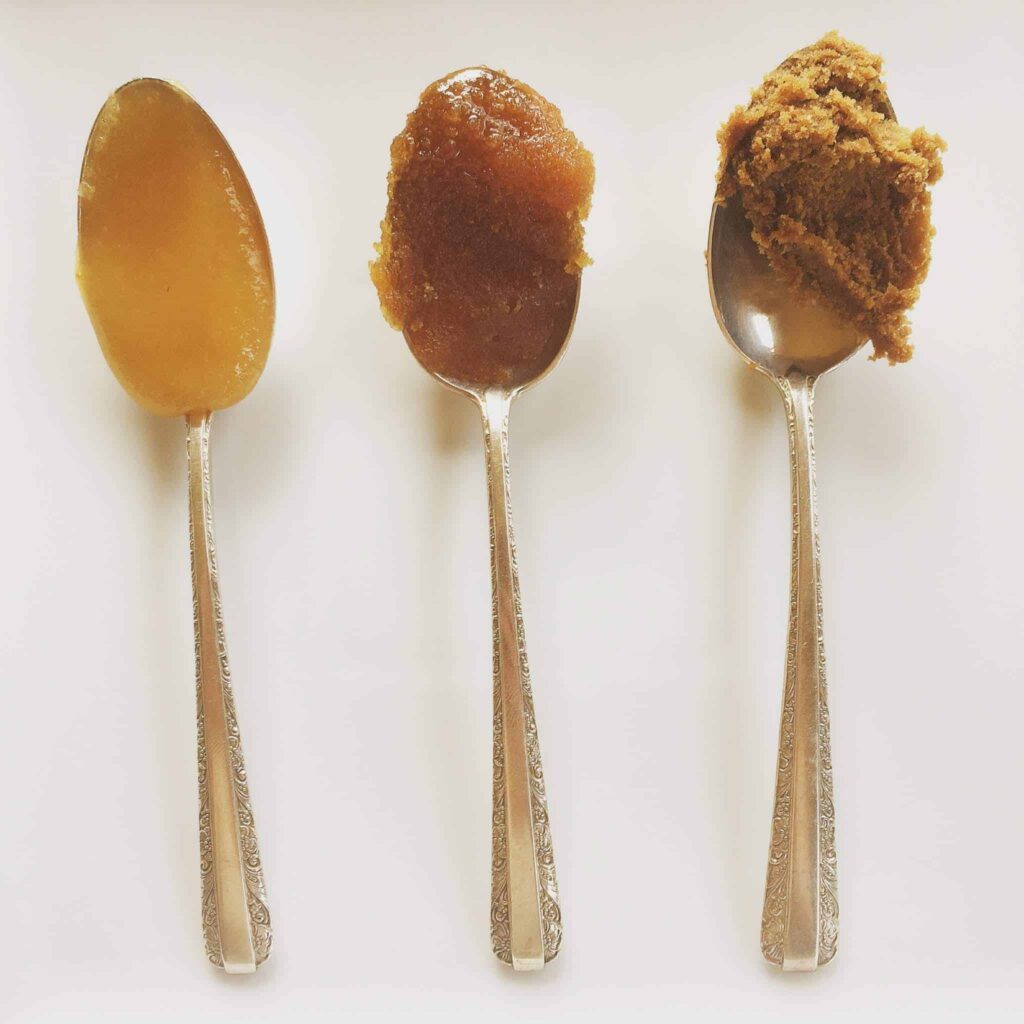
A question came up recently in regards to someone sweetening up an herb tea with Stevia or honey. If we add a whole bunch of things to an herbal formula that changes its taste, is that going to change the medicinal impact of that formula? If a patient takes a bitter or pungent herbal tea or concoction for a digestive condition, but then adds a bunch of Stevia to mask that strong bitter or pungent taste, ending up with a tea that tastes sweet and not bitter or pungent, will that somehow dilute the intended effect or send the wrong signal to the brain and organs? Will the tongue and digestive tract receptors register it as sweet and thereby weaken the resulting action intended with the originally prescribed herbs?
Different herbalists are going to answer this question differently. I’ll do my best to show both sides of the equation here. An old-school traditional herbalist who sees the importance of the actual taste of the herbs conveying the medicinal influence, yes, adding a whole bunch of Stevia to a bitter, pungent tea and making it sweet and no longer bitter is definitely going to take away from some of the medicinal properties. A biochemically oriented herbalist is going to say no, the herbs still have all of their biochemical constituents there, and regardless of whether someone is actually tasting it as bitter or not, they’re still going to get the medicinal effect.
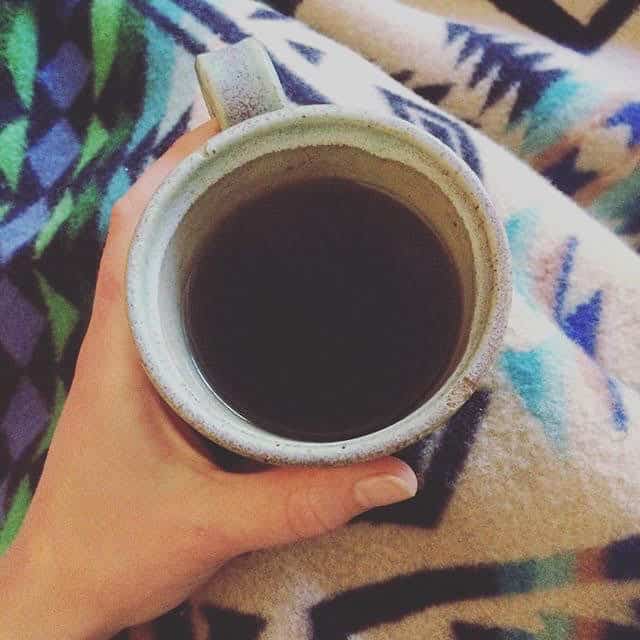
So which one’s true? Well, I would say a little bit of both. That’s always me—I’m always like trying to see both sides of the equation. I don’t think either one is necessarily right or wrong. I don’t think that the herbs are going to completely be nullified by making an herbal formula taste sweet, though I’m not sure it’s going to be quite as strong as it would have been if it was at full bitter potency. I imagine that it will still have a medicinal effect, but I don’t think it’s going to be quite as strong as it would be if it were full strength.
That being said, an important consideration here is client compliance. One of the biggest reasons a client doesn’t take the herbs that you give them is because it’s too complicated. We give them way too much all at once, and they get overwhelmed, and then they don’t do any of it. A second big reason is taste. They say they can’t take it, that it just absolutely tastes awful, that it’s hard to get down. A good herbalist will take that into consideration and try to adjust their protocols to make it more suitable for the client and their lifestyle and what they can actually do and tolerate.
I don’t think it’s great for a clinician to say, “Tough shit, choke it down. I don’t care. You need to take this.” I don’t think that works. Maybe for some people it does, but for most, not so much. So this is where, when you’re administering a formula to a client, it’s important for you to listen to those things. If you’re giving someone a horrible-tasting tea, maybe you need to adjust your herbs a little bit. Maybe you need to add a little bit of, say, some licorice root or whatever in there to make it a little more palatable so that they can take it. Or if it makes sense, you can compound those herbs as a tincture and have them put it in a little bit of water or whatever, and take it that way.
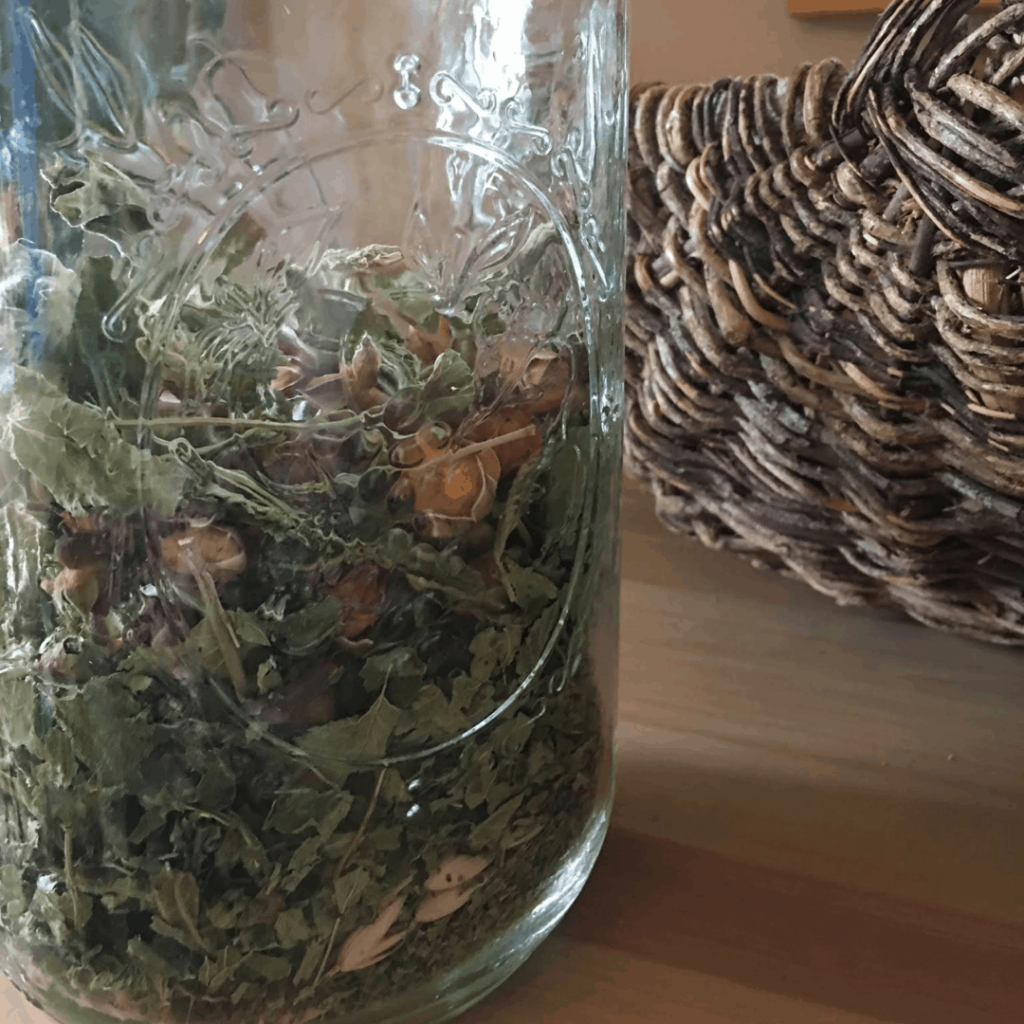
Basically, it comes down to figuring out a way to get them to take their herbs so that they’ll have the desired medicinal effect. To help that person, add some licorice to that formula to make it a little sweeter, but not so much that it’s totally trumping the bitter and/or pungent flavor of the herbs. This is where the dynamic of corrigents comes into herbalism, which are herbs that are used to correct the energetics of a formula but also to improve the palatability. This is where sometimes things like anise and fennel and peppermint and licorice and rose and angelica root can really help make a formula more palatable and therefore get it into people’s bodies a little bit better. I would encourage you to have a good conversation with your client and play around with your formula and try to work with them and find something that will work.


